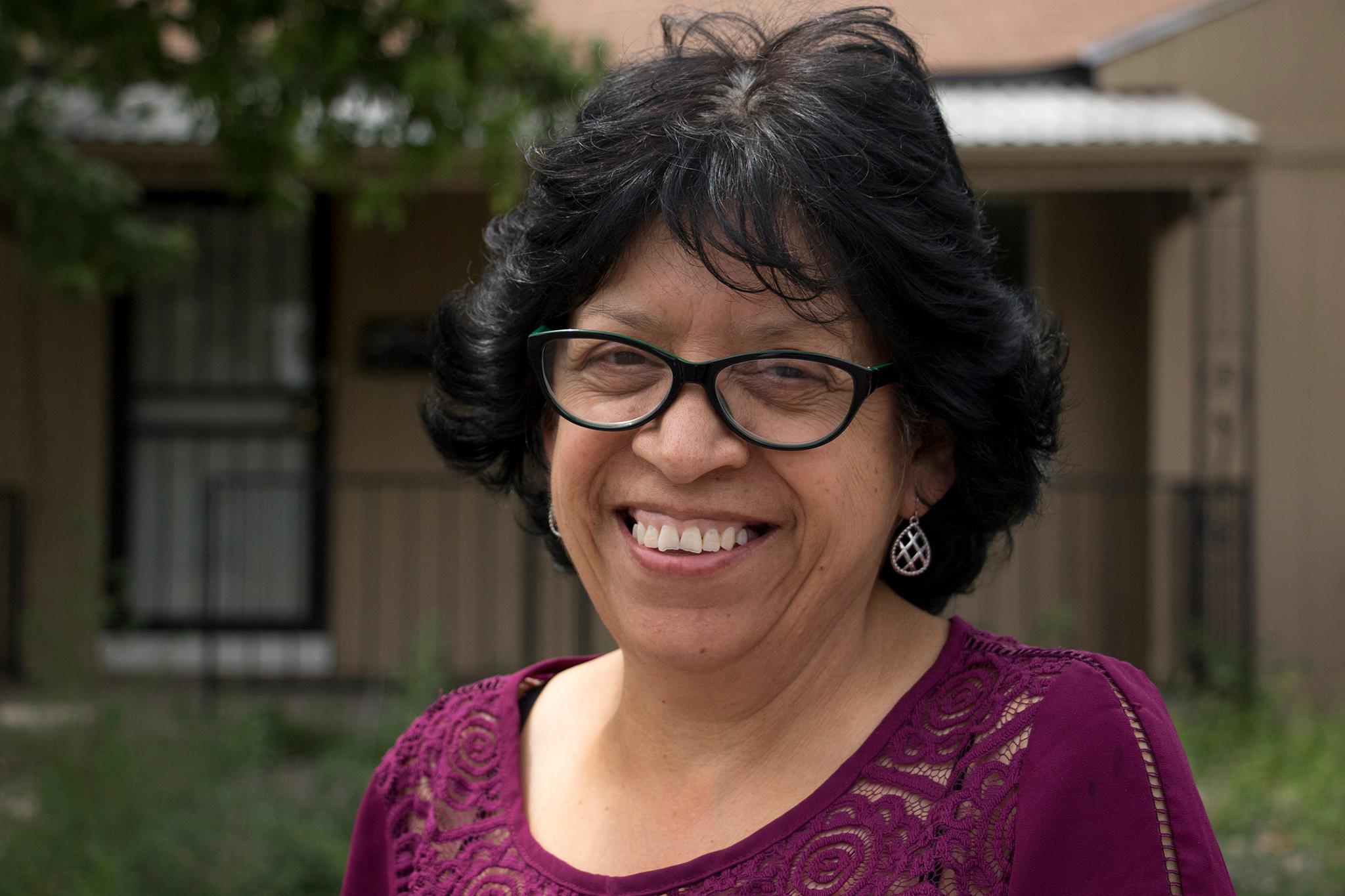Update: Denver City Council approved the $2 million for GES Coalition and the $3 million for Elevation in the summer of 2020. The $485,000 for Habitat for Humanity did not need council approval because it was under $500,000.
The first five homes will be brought into a new land trust in the Globeville and Elyria-Swansea neighborhoods by the end of the year, organizers of the project said as they welcomed a promise of $2 million in city funding.
Mayor Michael Hancock went to a park in Elyria-Swansea on Thursday to announce the $2 million for that area along with $3 million for another land trust project and $485,000 for a third affordable housing effort, this one by Habitat for Humanity of Metro Denver. In all, the more than $5 million -- in contracts that still need City Council approval -- would help get 79 homes built. The three projects offered different models for addressing the widening gap between wages and home prices and the displacement that often accompanies the housing challenge.
The Globeville and Elyria-Swansea community group GES Coalition began working on their trust several years ago as a way to ensure low-income families could stay in a neighborhood threatened by gentrification. In a community land trust, the land is held communally, keeping the overall cost of homes within reach of low- and moderate-income families. Grants and donations like the city's contribution announced Thursday allow the trust to make the homes even more affordable and to support members with training and financial help. Homeowners can make a profit when they sell, but have to keep the resale price below market rate. GES also is planning to build some multifamily rentals on its trust land.
In 2017 GES formed a partnership with the Colorado Community Land Trust, which has been organizing land trusts since 2002, starting with affordable homes in Denver's Lowry neighborhood. Brothers Redevelopment, which builds and manages affordable housing and provides other services to low-income homeowners and renters, came in as the GES project's developer.
Last year GES secured $2 million in funding for the trust from CDOT, which had sought community projects to mitigate the displacement and disruption it's causing in the area with its Interstate 70 expansion and renovation project.
GES Coalition member Maria De Luna Jimenez said Hancock's announcement on Thursday -- the $2 million will fund nine trust homes -- was cause for celebration. But the project needed more money, she said. Jeff Martinez, Brothers' president, estimated getting the GES trust up and running would cost $8 million.
Martinez said the initial $2 million from CDOT helped leverage the city's contribution, and that he hoped the attention such infusions generated would mean even more funding. He praised neighborhood residents like De Luna Jimenez for "keeping us focused and in the game.
"Their perseverance is why we're here."
Martinez is buying plots, some with houses already, to bring into the trust. Nola Miguel, director of the GES Coalition, said two duplexes and one single family home would formally be brought in to the trust later this year.
The $3 million contract Hancock announced Thursday was for Elevation Community Land Trust to build 60 homes. Elevation, which was incubated by the real estate nonprofit Urban Land Conservancy and established in 2017, like GES keeps home prices low by placing the land in trust. But while the GES trust will be in one area, Elevation plots will be scattered around Colorado.
Stefka Fanchi, Elevation's president and CEO, said Thursday that sites for the 60 homes had not yet been finalized, but that she was looking at areas in northeast and west Denver that the city has identified as at risk of being gentrified.
With its $485,000, Habitat for Humanity will be acquiring and refurbishing 10 homes in Denver neighborhoods other than Globeville and Elyria-Swansea to sell at below-market rates. In addition to its traditional model of using donated funds and labor to keep prices down and arranging low-income mortgages, Habitat will impose deed restrictions to last 90 years on the 10 homes. The restrictions will require owners who want to sell to keep prices below-market. Heather Lafferty, CEO of metro Denver Habitat, said the organization has seen how quickly home prices are rising and sees imposing deed restrictions as a way of ensuring affordability for generations.













